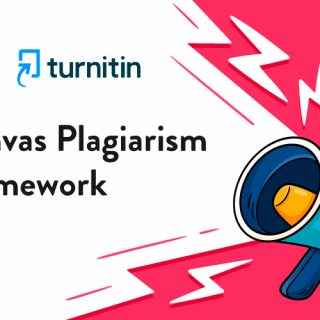
Assessment and Feedback
Overview
The exponential rise of generative AI tools has, and will continue to, impact upon how we shape assessment processes in HE. AI brings both opportunities and challenges to assessment for both staff and students. As it is not possible to have a blanket ban on the use of AI we need to consider how it can be used responsibly to support the student experience and to encourage our students to be AI-savvy.
In this section please find the latest guidance on the use of generative AI within assessment at Queen’s.
In relation to assessment there are two key principles from R-A-I-S-E that are relevant:
Integrity and academic rigour will be upheld.
Academic integrity is of paramount importance and rigorously upheld within all programmes. Students need to be fully aware of when and how they can use AI in assessments, including any limitations on certain tools or the need to cite or document how AI has been used. If students misuse AI, they will be subject to the University's academic misconduct regulations.
Current tools that attempt to detect AI generated text – whether by analysing writing styles, using machine learning classification, or watermarking – cannot definitively identify AI-authored content. Worryingly, these systems often produce an unacceptably high rate of false positives.
In the future, with the integration of AI writing tools into platforms like Microsoft Word and Google Workplace, it is anticipated that much of our writing will include AI-generated elements. This will be similar to how we currently benefit from algorithm-driven spell checkers and grammar tools. Considering these factors, the use of text-based AI detectors is not recommended.
This academic year, those delivering modules will clarify if and how AI can be used when completing assessment. If students have any doubt about how AI can be used, they should consult with their tutor.

Teaching and assessment practices will be adapted to incorporate appropriate AI tools, ensuring equitable access for students.
Adoption within teaching and assessment: All students will have opportunities to learn and develop skills in the appropriate use of AI tools during their studies. These skills will be essential in many future careers. Alongside this, AI can also be a valuable aid in learning and revising. However, it's crucial to use AI correctly. It's not a panacea and can be misused.

QUB Guidance on the use of AI in Assessment 2023-2024
Assessment, Feedback and AI
Please find additional resources on assessment and AI below. The Generative Assessment Matrix has been developed by the University of Exeter and the Generative AI in Assessment Guidance has been drawn up by Cardiff University and Sheffield Hallam University. Also find QAA advice on reconsidering assessment and an article on AI detection from Vanderbilt University and a great resource collated by Jisc on assessment ideas for an AI enabled world.
You will also be interested to read about a recent study conducted by a team in the School of Psychology, Queen’s University Belfast, on the use of large language models to augment, rather than replace, human feedback.







